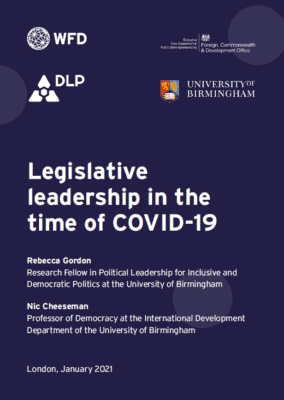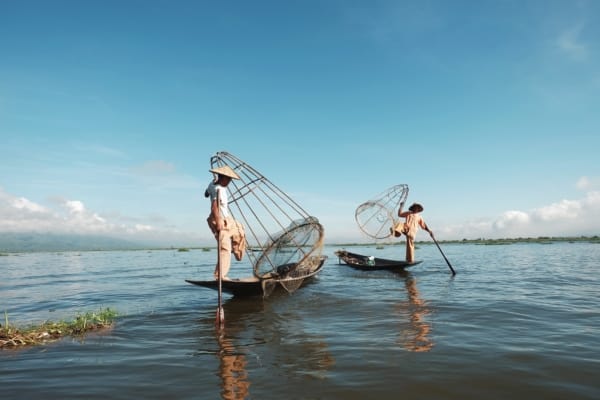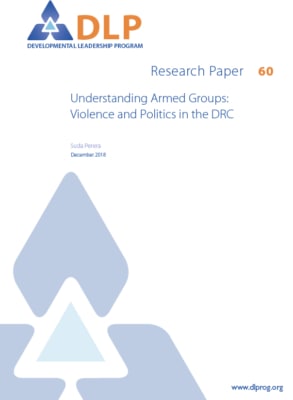This paper, part of the Gender and Politics in Practice series, explores how politically informed programming interacts with international processes and elite priorities to improve women workers’ rights, voice and pay in Vietnam’s largely female garment sector. Key drivers of reform include: strikes, pressure from reputation-conscious buyers, trade deals such as the Trans-Pacific Partnership, and geopolitics.
The study identifies four lessons for donor agencies and development programs. First, donors can look beyond small-scale gender programming. For example, they can work on the institutions that create an enabling environment for women’s activism and voices, and potentially enhance women’s earnings, self-esteem, status, public visibility and collective strength.
Second, change is possible through inclusive coalitions. Rather than railroading radical change, Better Work Vietnam (an ILO-IFC collaboration to improve working conditions in the garment industry) secured broad support by working with diverse stakeholders: government, the trade union, manufacturers, and buyers.
Third, donor-supported pilots can enable reformers to explore new ideas. Through experimentation and adaptation, pilots enable elites to gauge how different stakeholders will react. This can reduce anxieties about the unknown.
Finally, donors can build an enabling environment for women’s activism at the international level. Transnational politics and commerce are important drivers of change. Opportunities include strengthening corporate accountability to women workers overseas and stipulating freedom of association in free trade agreements.










